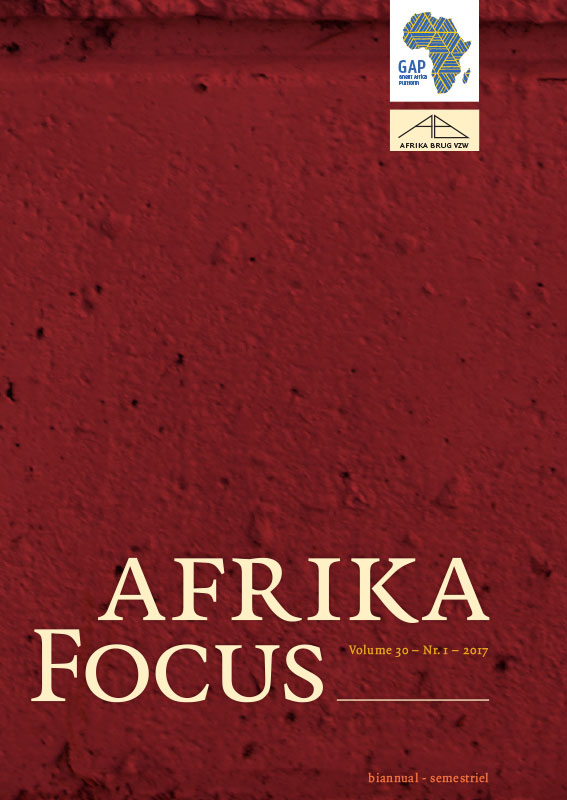Between rhetoric and reality: the relevance of substantive equality approach to addressing gender inequality in Mozambique
DOI:
https://doi.org/10.21825/af.v30i1.4975Abstract
The purpose of this article is to examine the socio-cultural challenges that continue to limit women’s enjoyment of their fundamental rights and freedoms in Mozambique. In this regard, this article focuses on three areas of gender inequality – denial of inheritance rights, sexual violence and early/ child marriage -in the country. In addition, the article, using a substantive equality approach, critically examines whether the steps and measures taken by the government of Mozambique to address gender inequality are consistent with its obligations under international human rights law. For the purpose of this analysis, the article focuses on Mozambique’s obligations under the Convention on the Elimination of All forms of Discrimination against Women (CEDAW) and the Protocol to the African Charter on the Rights of Women (African Women’s Protocol). The article concludes by making suggestions on how Mozambique can better safeguard the rights of women and improve their status. Key words : gender inequality, human rights, socio-cultural practices, MozambiqueDownloads
Published
How to Cite
Issue
Section
License
Authors who publish with this journal agree to the following terms
Authors retain copyright and grant the journal right of first publication with the work simultaneously licensed under a Creative Commons Attribution License that allows others to share the work with an acknowledgement of the work's authorship and initial publication in this journal.
Authors are able to enter into separate, additional contractual arrangements for the non-exclusive distribution of the journal's published version of the work (e.g., post it to an institutional repository or publish it in a book), with an acknowledgement of its initial publication in this journal.
Authors are permitted and encouraged to post their work online (e.g., in institutional repositories or on their website) prior to and during the submission process, as it can lead to productive exchanges, as well as earlier and greater citation of published work (See The Effect of Open Access).


